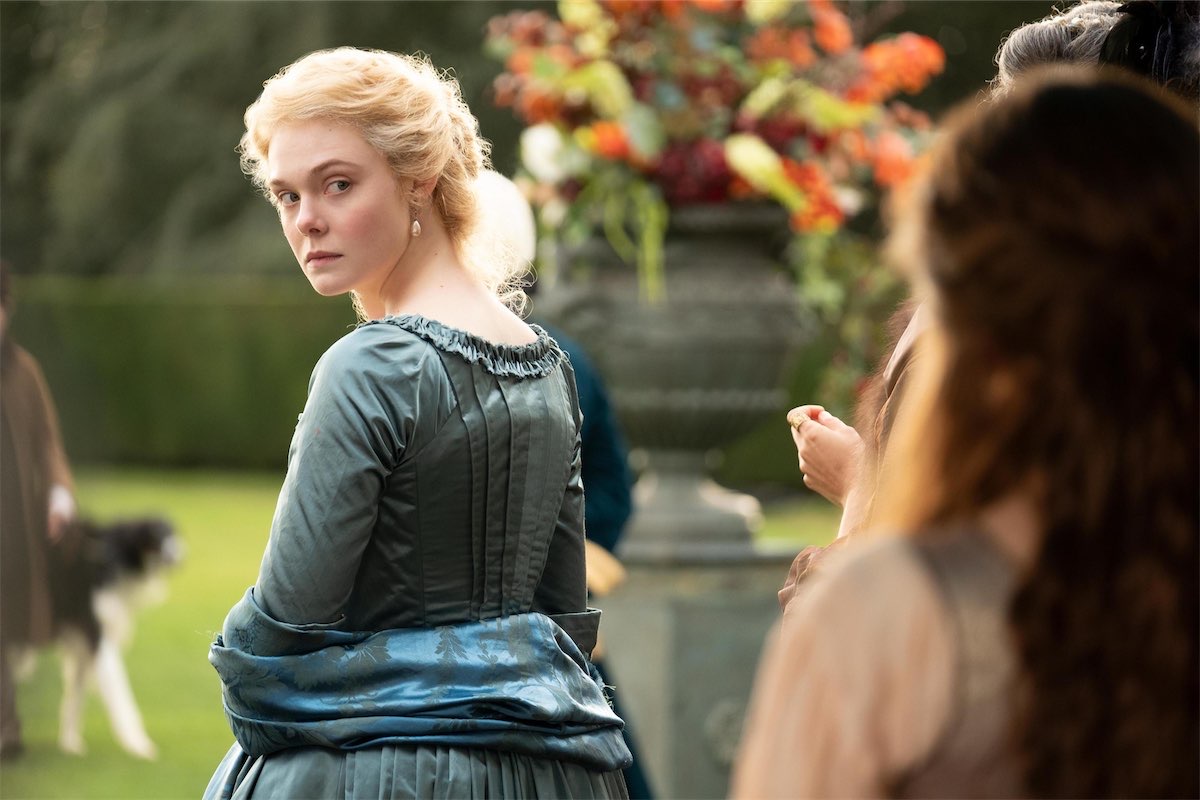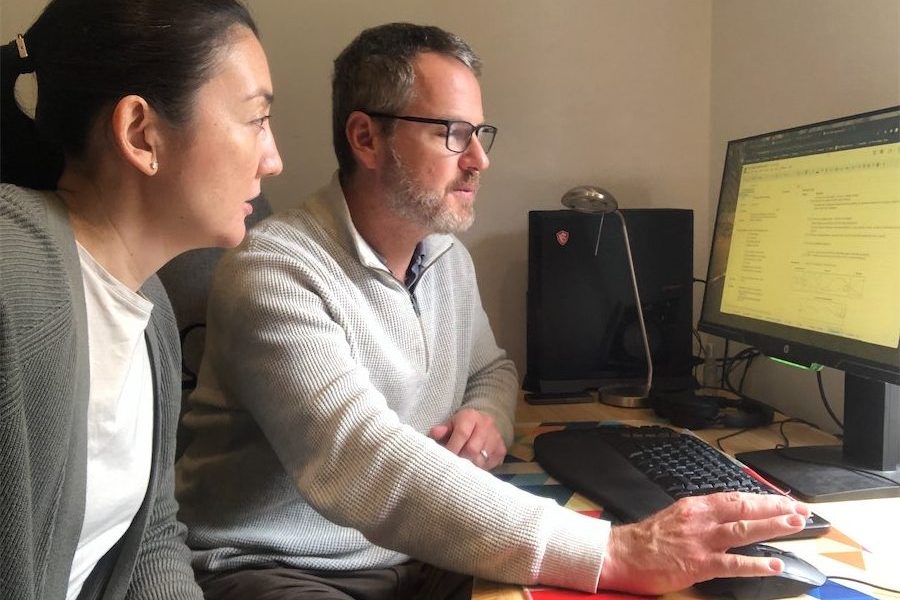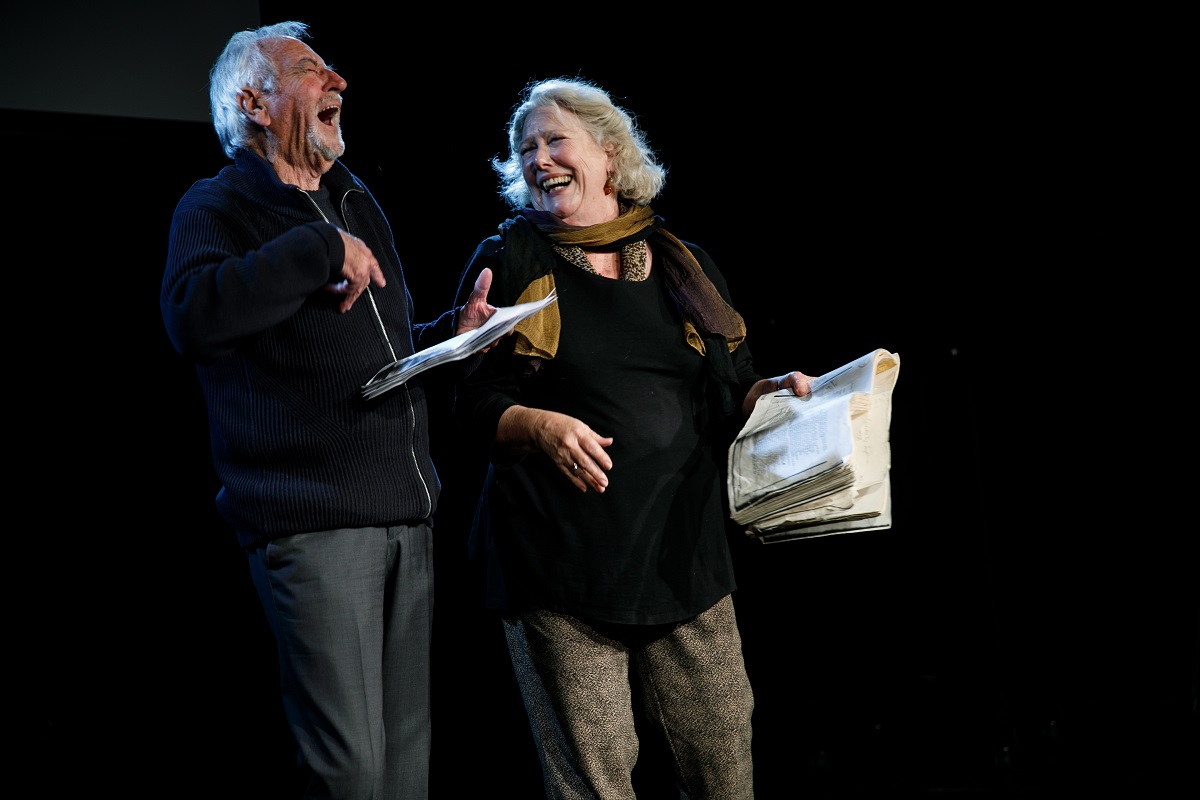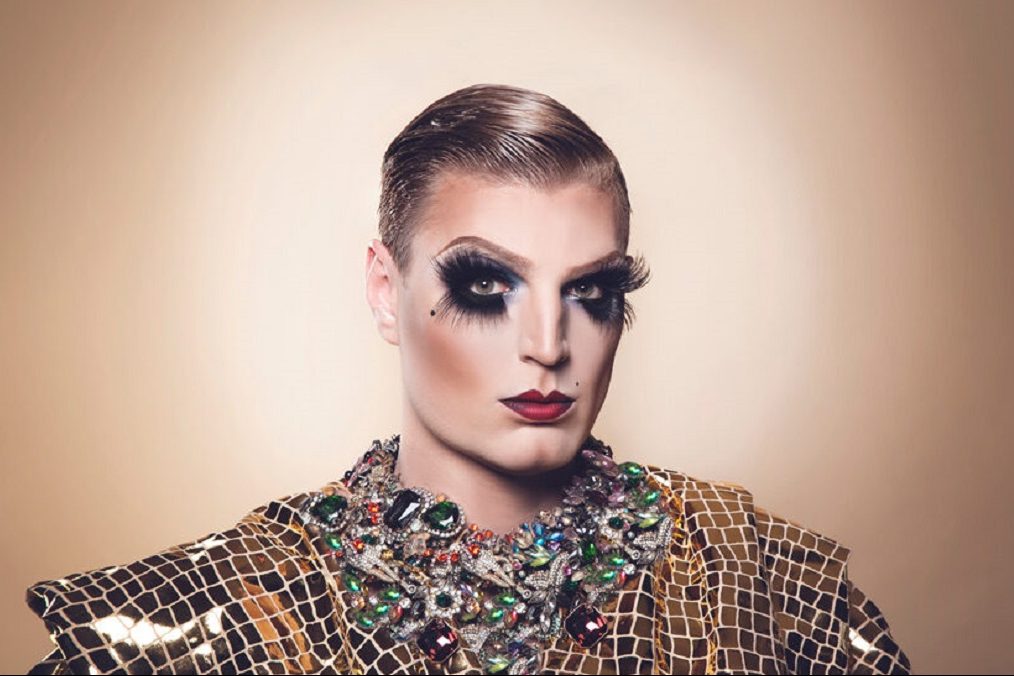
Streaming columnist NICK OVERALL offers some forgiveness for a period drama that’s characterised as “anti-history”.
IN the 1700s a deadly strain of smallpox devastated Europe, at its height killing an estimated 400,000 people across the continent with each passing year.

With a mortality rate of about 30 per cent, global panic erupted as the virus spread.
But in 1768, Russia’s longest ruling female leader, Catherine II, became one of the first people ever to test an invention that would one day become known as a vaccine.
First proposed by Dr Thomas Dimsdale, the procedure involved taking a milder form of smallpox and using it to buffer the immune system against the virus’ far deadlier strain.
But exposing oneself to the very thing causing utter catastrophe? It seemed insane.
Not only did Russia’s Empress risk this procedure on herself during the height of her nation’s battle with the epidemic, but she did so in front of her royal court to help convince them of an idea widely feared.
But it worked.
Catherine was immune, and not long after two million people had followed her example.
About 200 years later smallpox was declared eradicated entirely.
This was just one of the many feats that earned Catherine the title of “The Great”, and that’s also the name of the series that loosely recounts the history of her rule and one that now has a second season streaming on Stan from November 20.
“The Great” stars Elle Fanning as the vivacious Empress, who takes a witty script and makes this “occasionally true story” an engaging, yet easy watch.
That “occasionally true” part is a product of lead writer Tony McNamara, who places historical accuracy in the back seat of his scripts.
The first episode unreservedly disclaims that “The Great” is only partially true; an “anti-history” as described by the writer himself.
While the most important parts of Catherine’s reign are indeed put to paper, McNamara plays with characters and chronology to produce a product of much more relevance.
The biggest switch up in this series is that Catherine is brought down to the age of 20, whereas in real life much of the Empress’ achievements, like the vaccination against smallpox, came at a much older age.
The change throws a clever coming-of-age tale in the mix.
Initially, Catherine believes her happily-ever-after lies with the marriage to Russian Emperor Peter III, charismatically played by Nicholas Hoult, but soon learns the idyllic world of her dreams is far from reality.
The fact that she would one day stage a coup against Peter to seize his throne sums up how happy that marriage was.
But why write a period piece if historical accuracy is not the priority?
What this “anti-history” approach allows for is the injection of a wicked sense of satire that reframes the story for a modern audience.
The lavish, ostentatious halls of the Russian palace set an absurd tone for an exploration of trends and beliefs of the time that by today’s standards seem ridiculous.
The enlightenment era of the 18th century serves as the backdrop for this: a philosophical movement where scientific inquiry truly began to take off.
“Can anything be shot from a gun? And if it lives, have we invented a new form of travel?” asks Peter in one scene after becoming riveted by possibilities of the science.
However, “The Great’s” sense of humour never gets in the way of its more heartfelt, serious and even tragic moments, nor does it negate the importance of historical accuracy.
In fact, with any hope, shows such as “The Great” will inspire many viewers to learn more about the real-life story.
But it’s the versatility of this approach to history that creates interest for it to be viewed through a modern lens in the first place.
What better way to hook a present-day audience on the importance of learning from the past?
Who can be trusted?
In a world of spin and confusion, there’s never been a more important time to support independent journalism in Canberra.
If you trust our work online and want to enforce the power of independent voices, I invite you to make a small contribution.
Every dollar of support is invested back into our journalism to help keep citynews.com.au strong and free.
Thank you,
Ian Meikle, editor




Leave a Reply